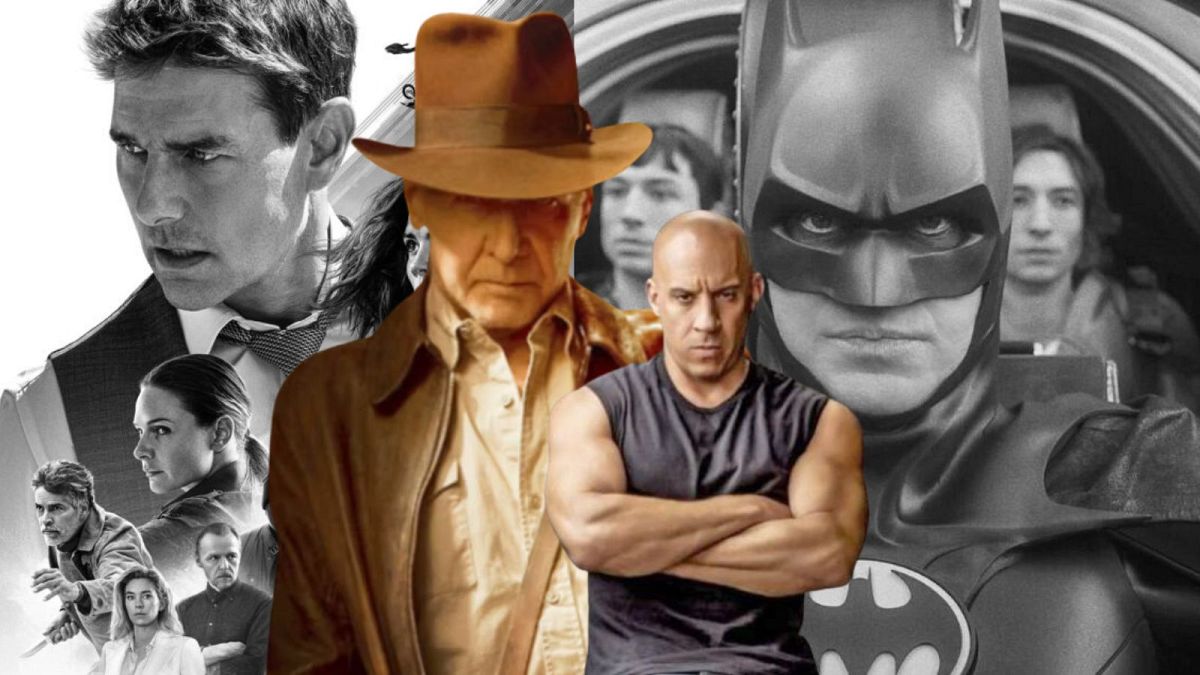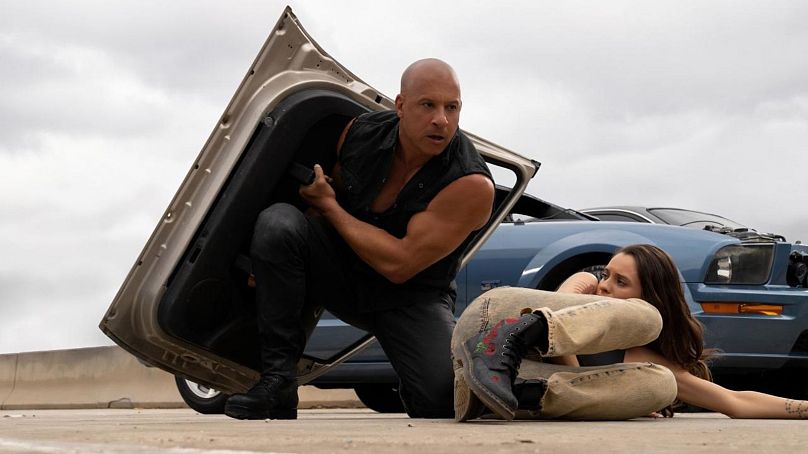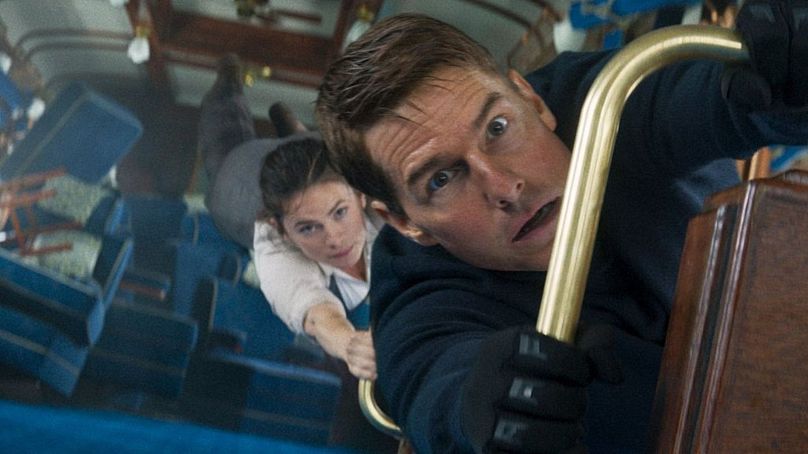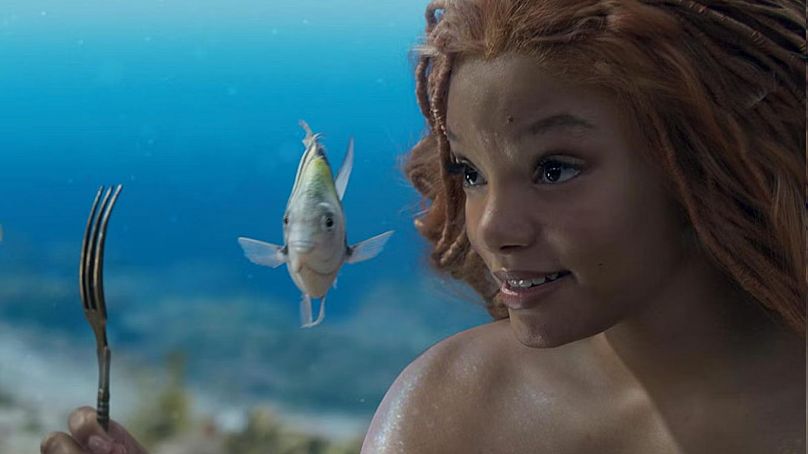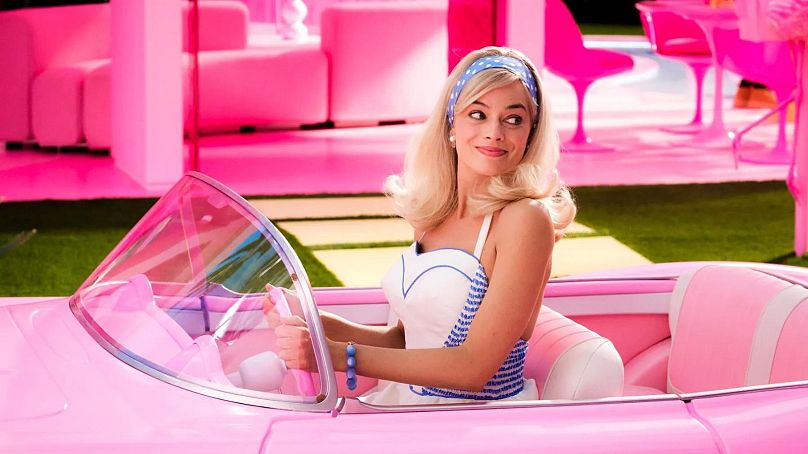What lessons are there to be learned from a disastrous summer blockbuster season?
Hollywood isn’t in the best of places right now.
The ongoing writers and actors strikes are still in full swing, with no sign of a resolution before the Fall festival season starts. This is a problem not only for the festivals, but for the production companies seeking to promote their films and start potential awards campaigns. Beyond the festivals, if the strikes persist, the release slate for 2024 will also have to be rejigged.
Then there’s the fact that 2023 has been, so far, a blockbuster graveyard.
Barbie and Oppenheimer aside, almost all huge movies have underperformed – mostly critically, and definitely at the box office. From Ant-Man and The Wasp: Quantumania to Indiana Jones and the Dial of Destiny, The Flash to Fast X, Shazam! Fury of the Gods to Mission: Impossible – Dead Reckoning Part One, a great many films have struggled to make a profit.
This is a sizeable concern for Hollywood, as many had hoped that 2023 would be the first post-pandemic year with a return to the usual numbers. And the numbers just aren’t there.
Here are some of the reasons why major productions have failed this year and the lessons that Hollywood needs to learn in order to ensure that the coming years aren’t a repeat performance of 2023’s summer blockbuster fiasco.
Mind your budgets, especially post-pandemic
One common denominator with this year’s flops is that the movies had massive budgets.
Indiana Jones and the Dial of Destiny had an estimated $295 million budget (€270 million) while Mission: Impossible - Dead Reckoning Part One was also edging towards the $300 million mark. Fast X, the latest instalment in the seemingly never-ending series, cost a staggering $340 million (€312 million), making it the eighth most expensive movie of all time behind the likes of Star Wars: The Force Awakens, several Avengers films and Avatar: The Way of Water.
To put that Fast X figure into perspective, you could have made Mad Max: Fury Road twice or produced both Frozen and Frozen II with that sum, and still had some change left.
Makes you think – especially considering the piss poor quality of Fast X...
When you accept that a blockbuster needs to gross more than double its production budget to be considered a commercial success (plus the extra spent in order to market the films), the goal to reach theatrical-run profitability becomes harder to reach.
The aforementioned 2023 titles have failed in this respect. Both Indiana Jones and the Dial of Destiny and Mission: Impossible - Dead Reckoning Part One seemed like guaranteed hits but they could lose upwards of $100 million each. As for Shazam! Fury of the Gods, it lost an estimated $150 million, and The Flash ended its theatrical run with a $268 million gross worldwide, on a budget originally stated as $220 million (but is apparently closer to $300 million) and a marketing campaign of $150 million.
This means that the film might have losses in excess of $200 million.
Ouch.
This shows that the bigger the budgets, the bigger the problems. Especially in a post-pandemic landscape, as audience habits have changed radically since COVID-19.
While recovery is on the way, as Barbenheimer has proven, there hasn’t yet been that rush back to the multiplexes many were hoping for.
Moreover, shortened theatrical windows have not helped. Movies hit streaming services faster since the pandemic, and that shorter gap between theatrical release and streaming availability not only diminishes the potential for big-screen revenues but seems to have accustomed audiences to wait for the film to come out for home viewing. Even more so if it’s a film they’re not completely sold on.
Barbie and Oppenheimer are exemptions to the rule, purely because they were a) successfully marketed and b) sold as an unmissable must-see event, especially if you wanted to be part of the Barbenheimer cultural conversation and not be eaten alive by FOMO.
If there isn’t that incentive, why pay for a cinema ticket? The cost of living crisis has meant less disposable income for moviegoing, and people are having to pick what they choose to watch on the big screen more carefully, especially with inflation and price increases.
An evening with the family at the talkies is now expensive – alarmingly so if you’re watching in 3D, IMAX or if you’re adding the costs of snacks.
Should global economic conditions improve, the landscape might change in theatres’ favour. But for now, splashing out on several films per month seems like a tall order considering more pressing (and depressing) priorities like bills and filled fridges.
Peak franchise fatigue and the Disney problem
Whether it’s Marvel and its Cinematic Universe (MCU) or DC with their dependably diminishing returns, extended universes and established franchises are becoming tiresome.
You can’t keep up with all the narratives if you haven’t watched all the previous instalments – on the big and the small screen. This is especially true with the ubiquitous multiverse storylines that populate most MCU / DC movies at the moment. This form of investment means that unless you’re willing to put it in the time and the energy, you stop caring for an ongoing soap opera that you may have been invested in prior, but which now seems like a chore.
Superhero films are particularly guilty in this respect, and it seems like none of them these days can content themselves with a traditional, self-contained beginning-middle-end structure without adding further lore or uniquely irritating sequel baiting.
Add the dip in quality post-Avengers: Endgame for the MCU and a messy game plan for DC - on top of the sheer amount of content to get through - and studios are finding themselves at an impasse when it comes to maintaining the fidelity of their audiences.
Superheroes aside, who has the time nowadays to watch Vin Diesel show to what extent he has the acting range of a grieving plum? The Fast & Furious franchise is sloppy, repetitive, and also guilty as sin of retconning deaths, meaning that nothing matters and emotional stakes are now non-existent.
Hello, returning Gal Gadot on your submarine. Welcome back - we didn't miss you.
Mission: Impossible – Dead Reckoning also proved that the M:I franchise is showing signs it's running out of ideas - which is a shame considering it was bucking the franchise trend and going from strength to strength up until 2023. Yes, the argument that we have to wait until Part Two to get the full picture does hold, but when Part One is this muddled and bloated (on top of featuring clichéd dialogue and a laughable AI sphincter antagonist), will audiences even want to shell out for the price of a ticket for the sequel?
Elsewhere, while it was hardly surprising that Transformers: Rise of the Beasts didn’t stir up much appetite, much more baffling was Indiana Jones and the Dial of Destiny. The gap between the films (Indiana Jones and the Kingdom of the Crystal Skull was released in 2008 and was considered as the worst in the series) could be an explanation, but the truth is that it simply wasn’t good enough. Despite Harrison Ford’s efforts, the film was further proof that certain IPs should be allowed to rest on their laurels without being milked dry.
Speaking of which, we come to the House of Mouse and its ongoing campaign to live-action remake its classics.
It wasn’t a good idea when they started in 2010 with Alice in Wonderland, and it’s not a good idea now. Sadly, Tim Burton’s godawful take on the classic was a billion-dollar box office success at the time, and that gave Disney enough incentive to go through their entire back catalogue without much care or thought – and with only dollar signs in their eyes and “Remake everything!” on their lips.
The industrious regurgitating made sense for them: minimal effort, as you don’t have to come up with original stories or characters, and maximum rewards, as the nostalgia pandering seemed to be working. To a point.
Beauty and the Beast, Dumbo, The Lion King, Mulan, Pinocchio – all released like clockwork, and all utterly derivative of the originals. (Read: creatively bankrupt duds that should never have seen the light of day.)
This year’s The Little Mermaid was yet another uninspired (and very ugly looking) remake that had everyone asking the same question after each and every live-action Disney remake: Why waste my time with these committee-churned rehashes solely designed to wring the IP dry when I could be watching the far better original?
And it’s not over, with the upcoming Snow White and the Seven Dwarfs remake making its way to the big screens next year – and now, the fatigue surrounding these rehashes has morphed into outright disdain through controversy on social media.
Furore has been building after interviews with Rachel Zegler, who plays the new Snow White. Zegler, of Columbian heritage, has been subject to racist trolling (much like Halle Bailey when she was cast in The Little Mermaid) and her comments about sticking it to the patriarchy in this new version have predictably not gone down well. There’s also been the debate over the seven dwarfs, who have been dropped from the title and have now been billed as seven "magical creatures".
The backlash against Snow White is ugly, but it does confirm that the tactics used by Disney (gender-flipping, colour-blind casting, faux-progressive initiatives, pandering to current conversations detractors label ‘woke baiting’...) are unsurprising and distinctively risk-averse. They use the same old methods to only distance themselves superficially from the original - this in turn tarnishes legacies, annoys the fanbase, and betrays a lack of truly original ideas.
The lesson Hollywood needs to learn here is that not everything needs a cinematic universe. They made sense for a while and worked due to decent planning; now, audiences are overdosing, and these interlinked films only feel like the work of cash hungry producers and studios on autopilot trying to get you to part with your well-earned cash. Disney in particular need to understand at this point that relying on pre-existing names and franchises to churn out soulless copies of better films no longer rhymes with success.
Audiences are clued up now, and they’ve clearly had enough.
Sadly, we’re beyond the point of no return, as we’re getting a Snow White - Lion King sequel double-bill next year, Thomas Kail's Moana, Sarah Polley’s Bambi , and a slew of other remakes. There are even rumours that Disney have learned absolutely nothing from the failure of The Little Mermaid and will announce a second live-action film.
Dopey doesn't even begin to cover it.
The lesson to be learned from Barbenheimer
Is there any good news in all of this?
Yes: Barbenheimer, which has smashed all box office expectations.
Greta Gerwig’s Barbie provided something fresh with its feminist-fuelled look at the popular toy. It stands at $1.18 billion globally (on a $145 million budget and an even larger marketing tag of $150 million) and is on its way to becoming the highest-grossing release of 2023.
Oppenheimer has also been a resounding success, grossing over $722 million worldwide on a $100 million production budget. Not bad for a 3h+ psychodrama about the invention of the atom bomb that isn't exactly escapist entertainment in the traditional sense. Without a doubt, the film has shown that audiences are moving away from bland blockbuster fare.
Both Gerwig and Christopher Nolan have given audiences a reason to part with their money, chiefly because their films treat them like intelligent beings who should be rewarded with meaningful experiences in theatres. Something which many blockbusters fail to do.
Yes, there is always going to be space for escapist ‘chewing gum for the brain’ flicks, but if the 2023 blockbuster season has taught us anything, it’s that audiences are hungry for original movies and fresh takes, with good scripts and a distinct lack of crash-bang-wallop CGI nonsense they’ve seen countless times before.
Cue: Cringe-inducing flashbacks to The Flash 's retina-assaulting special effects, which made the final act utterly laughable.
The landscape continues to change and it remains to be seen if Hollywood listen to the clear message that audiences want new stories. However, the Barbenheimer phenomenon can’t be ignored and shows that if Hollywood want recovery, bums in seats and cash in their pockets, they may have to rethink their long-haul plans for box office domination, as well as come to terms with some simple demands: pay your writers; treat them and the actors with respect; don’t be fooled into thinking that audiences aren’t tuned in to the dangers of AI in film production; give your special effects team the time and the money to actual perfect their craft if you are going to overly rely on CGI; and, above all, credit paying customers with enough intelligence not to dish out the same tired dross.
If those demands are at least heard – best case scenario, met – then maybe 2023’s summer blockbuster dumpsterfire was a necessary one.
